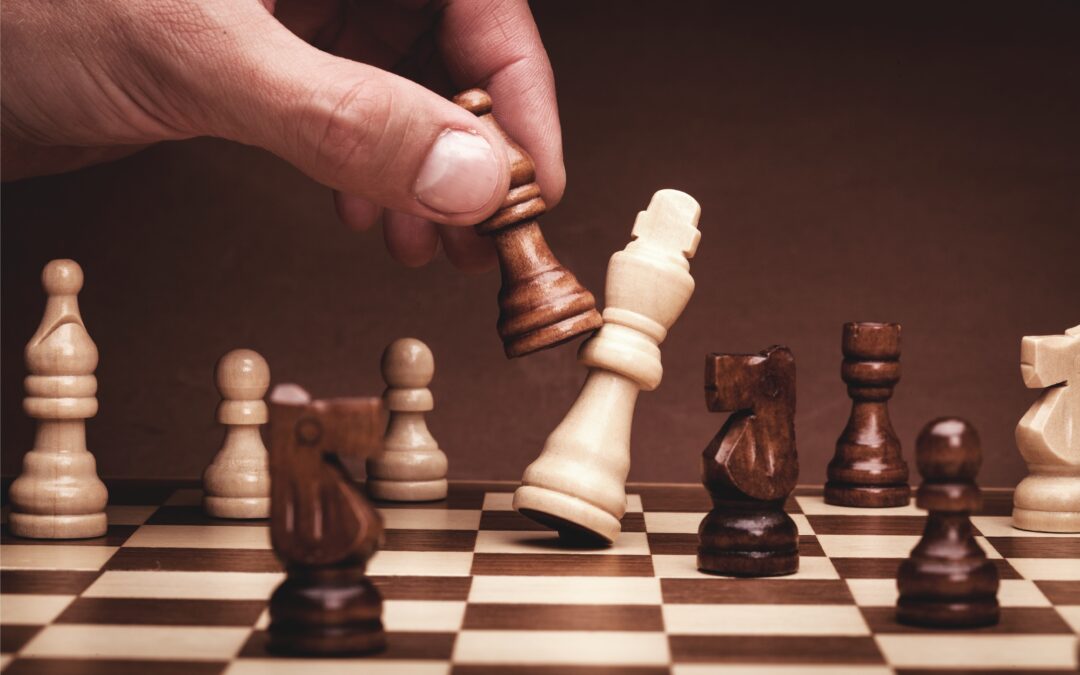Chess has a rich history that dates back over 1,500 years to northern India, where it began as a game called “chaturanga.” This early version of chess was played with pieces representing the four divisions of the Indian military: infantry, cavalry, elephants, and chariots. Each piece moved differently, capturing the dynamics of ancient warfare. Chaturanga was not only a game but also a tool for teaching military strategy, and its popularity soon spread beyond India’s borders.
As chaturanga traveled westward, it reached Persia, where it evolved into “shatranj.” Persian players adapted the game slightly, incorporating their own terminology and strategies, and shatranj became a beloved pastime throughout the region. From Persia, the game entered the Islamic world, where it continued to gain cultural significance and eventually made its way to Europe through trade routes and conquests. By the time it reached medieval Europe, chess had become a symbol of intellect and nobility, embraced by royalty and scholars alike.
In the late 15th century, chess underwent a major transformation in Spain, where the rules we recognize today were established. Notably, the queen and bishop gained their modern moves, vastly increasing the game’s complexity and speed. These changes made chess more dynamic and strategic, creating a version of the game that would captivate players for centuries to come. The game’s new appeal quickly spread throughout Europe, leading to the establishment of chess as an intellectual pursuit and social pastime.
Chess continued to evolve, becoming a popular subject of study and competition. In the 19th century, formal chess tournaments began, and strategies were analyzed and recorded, laying the groundwork for modern competitive chess. Today, chess is recognized as more than just a game; it’s seen as a mental sport that strengthens memory, strategic thinking, and concentration. Chess players develop skills in problem-solving and foresight, making it a respected tool for cognitive development, even used in educational programs around the world.
In recent years, chess has enjoyed a resurgence in popularity thanks to online platforms, which allow players of all levels to compete and learn from one another. International competitions, including the World Chess Championship, draw millions of viewers, and the game is celebrated as a global cultural phenomenon. Chess clubs, tournaments, and online communities thrive, bringing together players from all backgrounds who share a passion for this timeless game.
From its origins in ancient India to its current status as a global pastime, chess is a game that has transcended time and culture. It continues to inspire players with its depth, strategy, and beauty, proving that the appeal of chess is as enduring as ever.


